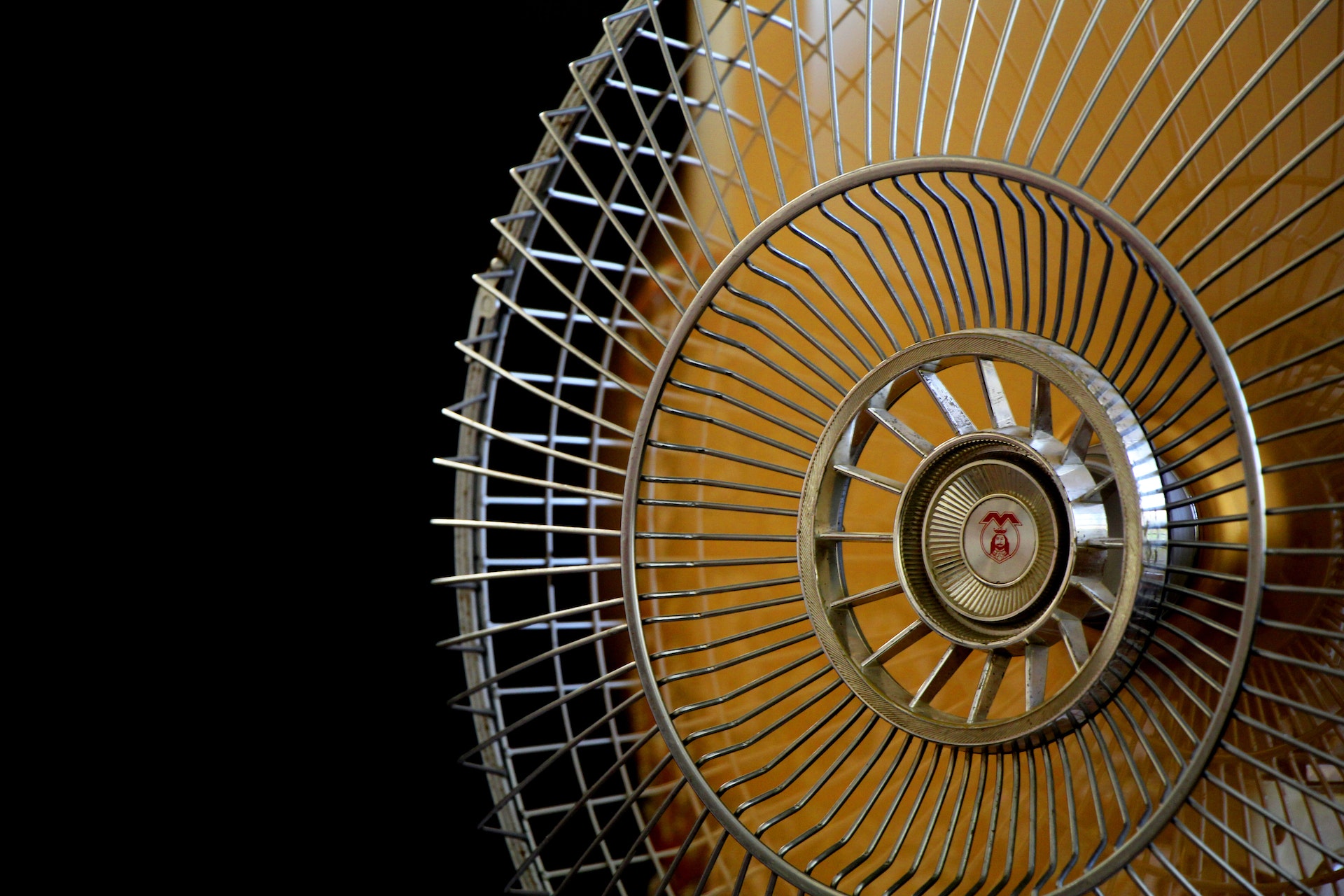If you’re looking to install or replace a boiler in your home, there are several different types to choose from. Here’s a quick rundown of the most common options to help you make the best decision for your needs.
System Boilers
The boiler and the cylinder are the two main components of a system boiler. After being heated by the boiler, the water in your cylinder can be used for various purposes. Using multiple fixtures at once is a significant advantage of system boilers, making it a good choice for some households.
System Boilers provide an infinite hot water supply on demand, eliminating the need to worry about boiler pressure issues. Immersion heaters can be installed internally in hot water tanks or purchased separately and installed inside. They can be purchased separately, but are typically included in hot water tank models such as the Megaflo system to ensure a constant supply of steaming water.
Combi Boilers
In a combi boiler, a metal heat exchanger heats water, which is then used to generate heat for the boiler’s fuel source (often natural gas or oil). Unlike traditional boilers, these do not require a storage tank for the heated water.
Combi boilers have apparent advantages in terms of energy savings and versatility. They can also be used to heat your home. The appliance’s dual use as a heater and boiler results in lower energy costs for the home.
Because of their small size, these boilers will not take up much space. Furthermore, you will not have to spend money on things like a storage tank that are unnecessary. Combi boilers are convenient because they heat water quickly. It is not necessary to exit the shower before the water is warm.
Conventional Boilers
Conventional boilers (also known as “heat only” boilers) are the most common type of boiler in the UK. They are designed to provide heating and hot water without needing a separate hot water cylinder or cold water tank, making them a more efficient option for homes with limited space.
Conventional boilers heat water from the mains supply and then circulate it around your home through a network of pipes and radiators. Hot water is produced on demand, so you only use energy when needed. This makes conventional boilers a more cost-effective option than other types of boilers, such as combi boilers.
Biomass Boilers
A biomass boiler uses organic matter such as wood pellets, chips or logs to generate heat for your home. This boiler can be used with a traditional gas or oil boiler to provide heat for your home. A biomass boiler is more environmentally friendly than a traditional gas or oil boiler as it emits less carbon dioxide.
There are two types of biomass boilers: stoves and boilers. Biomass stoves are stand-alone units typically used to heat one room in your home. On the other hand, a biomass boiler is a more powerful unit that can heat your entire home. Biomass boilers are also more expensive than biomass stoves.
Oil Boilers
Oil boilers can be either condensing or non-condensing. Condensing oil boilers are more efficient than non-condensing oil boilers.
Oil boilers work by heating water using an oil-fired burner. The burner ignites the oil, which then heats the water. The heated water is sent through pipes to radiators in the home. The radiators then transfer the heat to the rooms of the house.
Oil boilers need to be serviced regularly to keep them running efficiently. They also need to have their oil tanks refilled periodically.
Conclusion
There are many different types of boilers available on the market today. Each type has its own set of pros and cons. It is essential to research and consult with a professional before deciding which type of boiler is right for your home. Triangle AC is here to help you make the best decision for your home and family. Give us a call today!





